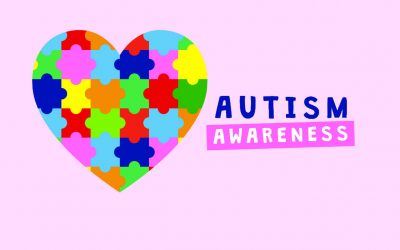Autism Numbers Surge, Prompting Call For Research
| By Lindsey Tanner for Associated Press.] http://www.chron.com/cs/CDA/story.hts/health/1819125 Mention autism to parents, doctors and scientists these days, and among an earful of different theories will emerge a common nod of agreement: The perplexing condition is not nearly as rare as once was thought. As recently as a decade ago it was estimated that only about 4 in 10,000 children were affected. Research now suggests the rate may be at least 10 times higher.The numbers have fueled debates over whether there has been a true surge of cases and whether environment or genetics could be the cause. Some parents and research advocates blame vaccines despite evidence to the contrary. But many mainstream scientists point to two much less worrisome In 1991, the U.S. Department of Education made autism a new, “Everybody’s interested in getting better services,” he said. The change in school services and the definition, along with research showing that early intervention could help, raised awareness of the condition. Autism used to be thought of as “the kid who sits in a corner Now, autism increasingly is recognized as “being more than just the Molecular biologist Andy Shih, director of research and programs for “With potentially 1 million Americans afflicted with this disorder,” “There’s just so many kids who have been affected, it’s hard to find Within seven blocks of their suburban Chicago home, five other Autism even ended up in a debate over a last-minute provision Much has been learned about autism in the past half century. The But many key questions remain. Researchers don’t know if a single “There’s so many things that it could be,” said Dr. Robert Byrd of |


